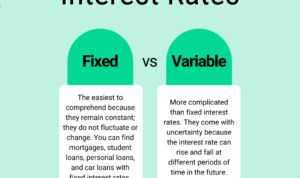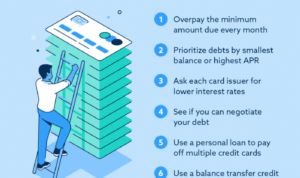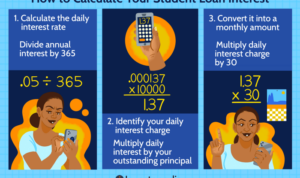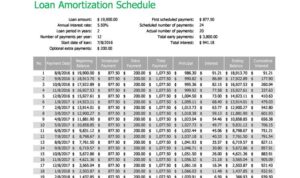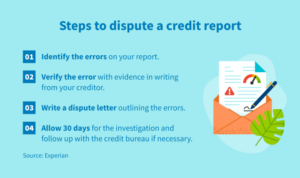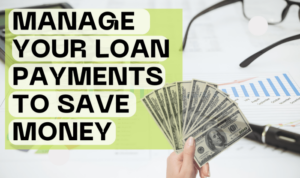Struggling with debt and looking for a way out? In this guide on how to get out of debt, we’ll explore practical tips and strategies to help you regain control of your finances and work towards a debt-free future. From understanding different types of debt to creating a solid repayment plan, we’ve got you covered every step of the way. Let’s dive in!
Understanding Debt
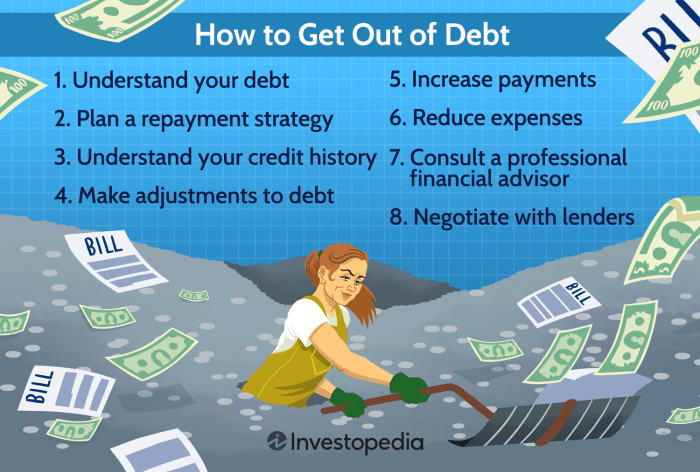
Debt is money that is borrowed and must be repaid with interest. It can impact individuals by causing financial stress, limiting future opportunities, and affecting credit scores.
Types of Debt
- Credit Card Debt: Money owed on a credit card account, often carrying high interest rates.
- Student Loans: Funds borrowed to pay for education expenses, with varying interest rates and repayment terms.
- Medical Bills: Costs incurred from healthcare services that may need to be paid off over time.
- Mortgage Loans: Loans taken out to purchase a home, typically repaid over a long period.
Consequences of Long-term Debt Accumulation
Long-term debt accumulation can lead to:
- High interest payments that add up over time.
- Difficulty saving for the future or emergencies.
- Lower credit scores, impacting the ability to qualify for loans or credit cards in the future.
- Stress and anxiety related to financial stability and debt repayment.
Assessing Your Financial Situation
When it comes to getting out of debt, the first step is to assess your financial situation. This involves understanding the total amount of debt you owe, your monthly income, and expenses. By having a clear picture of your finances, you can create a plan to effectively manage your debt and work towards financial freedom.
Calculating Total Debt
To calculate your total debt, gather all your financial statements, including credit card bills, loan statements, and any other outstanding debts. Add up the outstanding balances on each account to get the total amount of debt you owe. It’s also important to take note of the interest rates associated with each debt, as this will impact your repayment strategy.
Determining Monthly Income and Expenses
To determine your monthly income, add up all sources of income, including salary, bonuses, and any other earnings. Subtract your monthly expenses, such as rent/mortgage, utilities, groceries, transportation, and other necessities. The remaining amount is what you have available to allocate towards debt repayment.
Importance of Creating a Budget
Creating a budget is crucial in managing your finances effectively. A budget helps you track your income and expenses, identify areas where you can cut back, and allocate funds towards debt repayment. By sticking to a budget, you can avoid overspending and stay on track towards becoming debt-free.
Creating a Repayment Plan
To effectively tackle your debt, it’s crucial to have a solid repayment plan in place. By utilizing strategies like the debt snowball method, debt avalanche approach, and negotiating with creditors, you can make significant progress towards becoming debt-free.
Debt Snowball Method
The debt snowball method involves paying off your debts starting with the smallest balance first while making minimum payments on all other debts. Once the smallest debt is paid off, you move on to the next smallest debt, and so on. This method helps build momentum and motivation as you see debts being eliminated one by one.
Debt Avalanche Approach
The debt avalanche approach focuses on paying off debts with the highest interest rates first. By tackling high-interest debts early on, you can save money on interest payments in the long run. This method is more cost-effective than the debt snowball method, but it may require more discipline and patience.
Negotiating with Creditors
When dealing with creditors, don’t be afraid to negotiate for lower interest rates or more manageable payment plans. Explain your financial situation honestly and see if they are willing to work with you. Lowering interest rates can help reduce the total amount you owe and make it easier to pay off your debts over time.
Increasing Income and Cutting Expenses
Increasing your income and cutting down on expenses are crucial steps in getting out of debt faster. By finding ways to boost your income and reduce your spending, you can allocate more funds towards paying off your debts. This proactive approach can help you achieve financial freedom sooner.
Boosting Income
- Consider taking on a side hustle or freelance work to bring in extra cash.
- Monetize a hobby or skill you have by offering services or products.
- Look for opportunities to work overtime or take on additional shifts at your current job.
- Explore online platforms for remote work or gig opportunities.
Reducing Expenses
- Create a detailed budget to track your spending and identify areas where you can cut back.
- Avoid unnecessary costs such as dining out frequently, subscription services you don’t use, or luxury items.
- Shop smart by comparing prices, using coupons, and taking advantage of sales and discounts.
- Consider downsizing your living space, selling items you no longer need, or finding ways to save on utilities.
Importance of Prioritizing Debt Payments
It’s crucial to prioritize debt payments over non-essential spending to make significant progress in becoming debt-free. By focusing on clearing your debts first, you can reduce the amount of interest you pay over time and expedite your journey towards financial stability.
Seeking Professional Help
Seeking professional help when dealing with debt can be beneficial in providing expert guidance and support to navigate your financial situation effectively.
When to Consult a Financial Advisor or Credit Counselor
- When you feel overwhelmed by your debt and unsure of the best course of action to take.
- If you need help creating a realistic budget or repayment plan.
- When facing creditor calls or legal actions due to unpaid debts.
Pros and Cons of Debt Consolidation or Debt Settlement Services
Debt consolidation involves combining multiple debts into one monthly payment, often with a lower interest rate. This can simplify your payments but may extend the repayment period.
Debt settlement services negotiate with creditors to reduce the total amount owed. While this can lower your debt, it may impact your credit score and involve fees.
Resources for Free Financial Counseling
- Non-profit credit counseling agencies offer free services to help you create a plan to manage your debt effectively.
- Government-funded financial counseling programs provide resources and support for individuals struggling with debt.
- Online tools and resources from reputable financial websites can also offer valuable information and guidance for managing debt.

